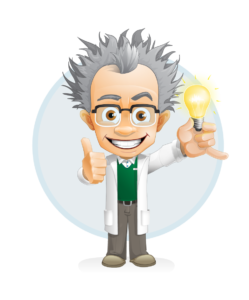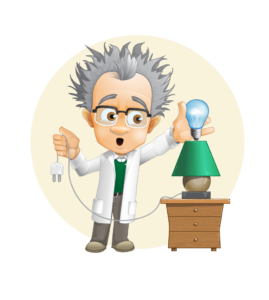A recent study published in the Proceedings of the National Academy of Sciences has found that chronic exposure to artificial light at night can trigger depression-like behaviors by activating a specific neural pathway in the brain. Conducted on tree shrews, the research led by teams from Chinese universities involved exposing the animals to blue light for two hours nightly over three weeks, resulting in notable depression-like symptoms such as reduced sucrose preference and impaired memory. Advanced neural tracing techniques revealed a novel visual circuit involving specialized retinal ganglion cells signaling the perihabenular nucleus, which affects mood regulation. Notably, silencing these neurons prevented the development of depressive behaviors, highlighting the potential long-term impacts of light exposure on mental health. As concerns about light pollution rise, the study suggests a need for targeted interventions to mitigate psychological effects while preserving the benefits of artificial illumination.

Read More


